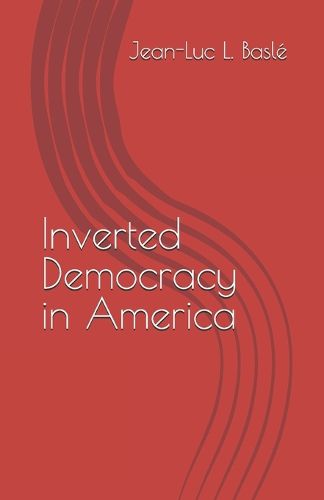Readings Newsletter
Become a Readings Member to make your shopping experience even easier.
Sign in or sign up for free!
You’re not far away from qualifying for FREE standard shipping within Australia
You’ve qualified for FREE standard shipping within Australia
The cart is loading…






American democracy was based on a double balance: between the states and the federal government, on the one hand, and the three branches of government, the legislature, the executive, and the judiciary, on the other. It received its first blow during the American Civil War. Abraham Lincoln's concern was not so much the fate of the blacks as the unity of the nation. Despite his training as a lawyer, he paid little attention to the Constitution when circumstances required it. Once the war was over, the federal state soon began a colonial policy in response to a dual need arising from industrialization: access to natural resources and to new markets. Foreign policy became imperialist after World War II, and hegemonic after the collapse of the Soviet Union. Colonial and imperial policies upset the balance between the states and the federal government. The hegemonic policy broke the equilibrium between the three branches in favor of the executive branch. Events such as September 11, the subprime crisis and the pandemic were used to justify the strengthening of the executive. Overtime, the American democracy has been weakened in an unequal struggle between the elite and the people over the distribution of power and wealth.
$9.00 standard shipping within Australia
FREE standard shipping within Australia for orders over $100.00
Express & International shipping calculated at checkout
American democracy was based on a double balance: between the states and the federal government, on the one hand, and the three branches of government, the legislature, the executive, and the judiciary, on the other. It received its first blow during the American Civil War. Abraham Lincoln's concern was not so much the fate of the blacks as the unity of the nation. Despite his training as a lawyer, he paid little attention to the Constitution when circumstances required it. Once the war was over, the federal state soon began a colonial policy in response to a dual need arising from industrialization: access to natural resources and to new markets. Foreign policy became imperialist after World War II, and hegemonic after the collapse of the Soviet Union. Colonial and imperial policies upset the balance between the states and the federal government. The hegemonic policy broke the equilibrium between the three branches in favor of the executive branch. Events such as September 11, the subprime crisis and the pandemic were used to justify the strengthening of the executive. Overtime, the American democracy has been weakened in an unequal struggle between the elite and the people over the distribution of power and wealth.